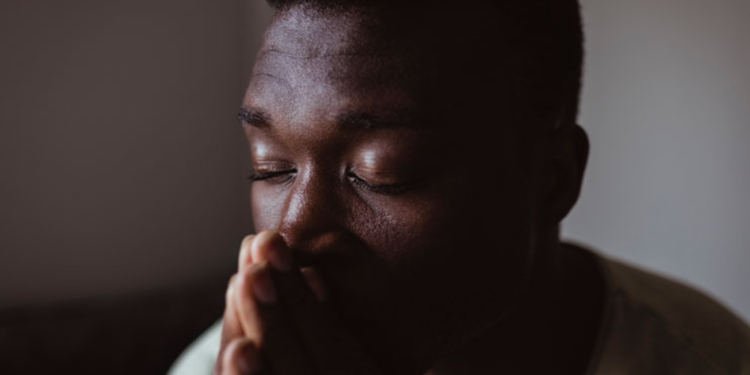Image Source: APA
July 11, 2024 Story by: Editor
A study published on June 24 examined the impact of everyday discrimination on mental health among young adults aged 18 to 28, using data from the University of Michigan’s Panel Study of Income Dynamics Transitioning to Adulthood Supplement. The research included 3,894 participants who reported their experiences with bias and mistreatment, such as poor customer service and questioning of their intelligence or trustworthiness.
Most young adults surveyed reported encountering such situations at least once. Among them, Black men and women experienced these incidents more frequently than white individuals, facing them at least once a week.
Participants also assessed their mental well-being, indicating how often they felt sad, nervous, hopeless, or worthless. The study found that even minor instances of discrimination, if persistent, can negatively affect mental health by early adulthood.
“Everyday discrimination — or even just the perception of it — can have real implications,” Smith said.
The findings showed that those who felt treated with less courtesy, respect, or trust had higher levels of anxiety and depression. However, the negative mental health effects were less pronounced for Black participants compared to white participants, especially white men. This suggests that white individuals found these experiences more psychologically distressing.
“This is not to say that discrimination is more harmful for white men,” Smith explained.
Instead, the study indicates that white young adults may be less resilient or less able to recover mentally and emotionally from such experiences compared to their Black counterparts. This distress among whites may stem from a perceived threat to their social status, known as “status threat.”
The difference in resilience could also be attributed to varying levels of exposure to discrimination. “Discrimination is considered a social stress,” Smith said. This stress may be more debilitating for those less familiar with it or lacking the tools to manage it.
For Black individuals, certain forms of discrimination are a more common experience. “It’s not a new stressor,” Read noted. By young adulthood, Black individuals may have developed strategies to recognize and respond to perceived unfairness that whites might not possess.
To be clear, “discrimination hurts everybody,” Read added. “Whether you’re white, Black, male or female, the effects of the discrimination on mental well-being are taxing.”
The study highlights that “the psychological effects of discrimination start to emerge early in life,” Smith said. However, “some people develop coping mechanisms that can buffer the effects, at least in the short-term.” Source: Duke Today

















